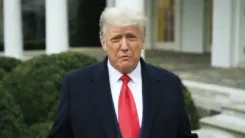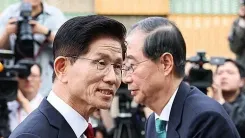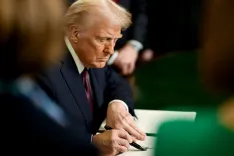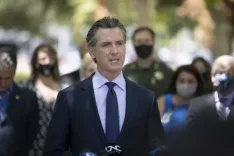Lebanon Secures $250 Million Loan from World Bank for Electricity Sector Reforms
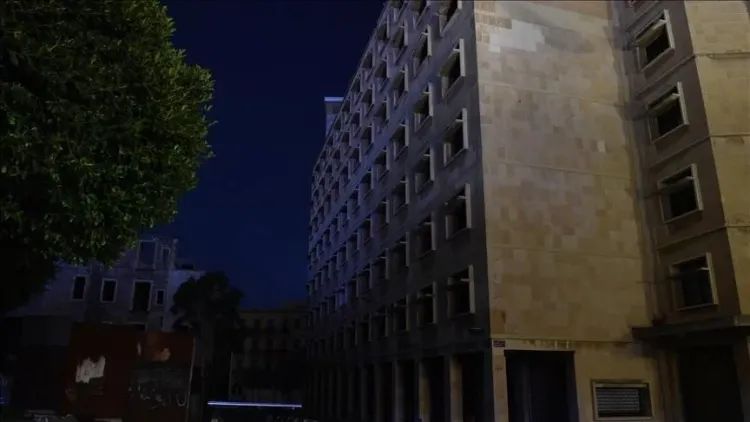
Synopsis
Lebanon has secured a $250 million loan from the World Bank, aimed at revitalizing its electricity sector through significant reforms. This funding will support the establishment of a national control center, enhance utility billing systems, and promote solar energy projects, addressing long-standing issues in the sector.
Key Takeaways
- Lebanon signed a $250 million loan with the World Bank for electricity reform.
- The loan is the first from the IBRD to Lebanon's power sector.
- It aims to improve infrastructure and governance within the electricity sector.
- Solar projects are expected to generate 150 megawatts and save $40 million annually.
- Reforms address chronic outages and financial mismanagement.
Beirut, April 24 (NationPress) Lebanon has finalized a loan agreement worth $250 million with the World Bank aimed at facilitating essential reforms in its beleaguered electricity sector, as reported by various media outlets.
The agreement was signed by Lebanese Finance Minister Yassine Jaber and World Bank Regional Director Jean-Christophe Carret, both emphasizing that this loan is a pivotal step towards enhancing Lebanon's power infrastructure and governance, according to Xinhua news agency.
Jaber remarked, "This loan signifies a substantial boost to the structural reforms Lebanon is pursuing in its electricity sector," stressing the long-overdue initiatives to create regulatory frameworks and operational oversight.
Carret described the agreement as a "turning point" in the World Bank's collaboration with Lebanon, noting it is the inaugural loan from the International Bank for Reconstruction and Development (IBRD) for the nation's power sector.
As per Lebanon's state-run National News Agency (NNA), the initiative will finance the establishment of a national control center, enhancements in accounting and billing systems at the state-owned utility Electricity of Lebanon, and the development of scalable solar energy farms.
The initial phase of solar projects is anticipated to produce 150 megawatts and save approximately $40 million annually in fuel expenses.
Lebanon's electricity sector has endured chronic outages, financial mismanagement, and infrastructure deterioration for decades, making it a key focus of reform in the country's recovery strategies.
In recent years, the frequency of power outages has escalated significantly due to the government's financial turmoil, which has hindered its ability to provide foreign currency for fuel imports.
Historically, Lebanon's power generation ranged between 1,600 and 2,000 megawatts daily, but fuel shortages in recent times have drastically reduced production to unprecedentedly low levels.
President Joseph Aoun and Prime Minister Nawaf Salam have pledged to implement reforms and combat corruption and decades-long mismanagement by the ruling elite to steer Lebanon out of an economic crisis characterized by the World Bank as one of the world's most severe since the 1850s.
Additionally, the Lebanese Parliament approved a law on Thursday to fulfill a crucial demand from the International Monetary Fund to eliminate long-standing banking secrecy, paving the way for an IMF bailout program.

